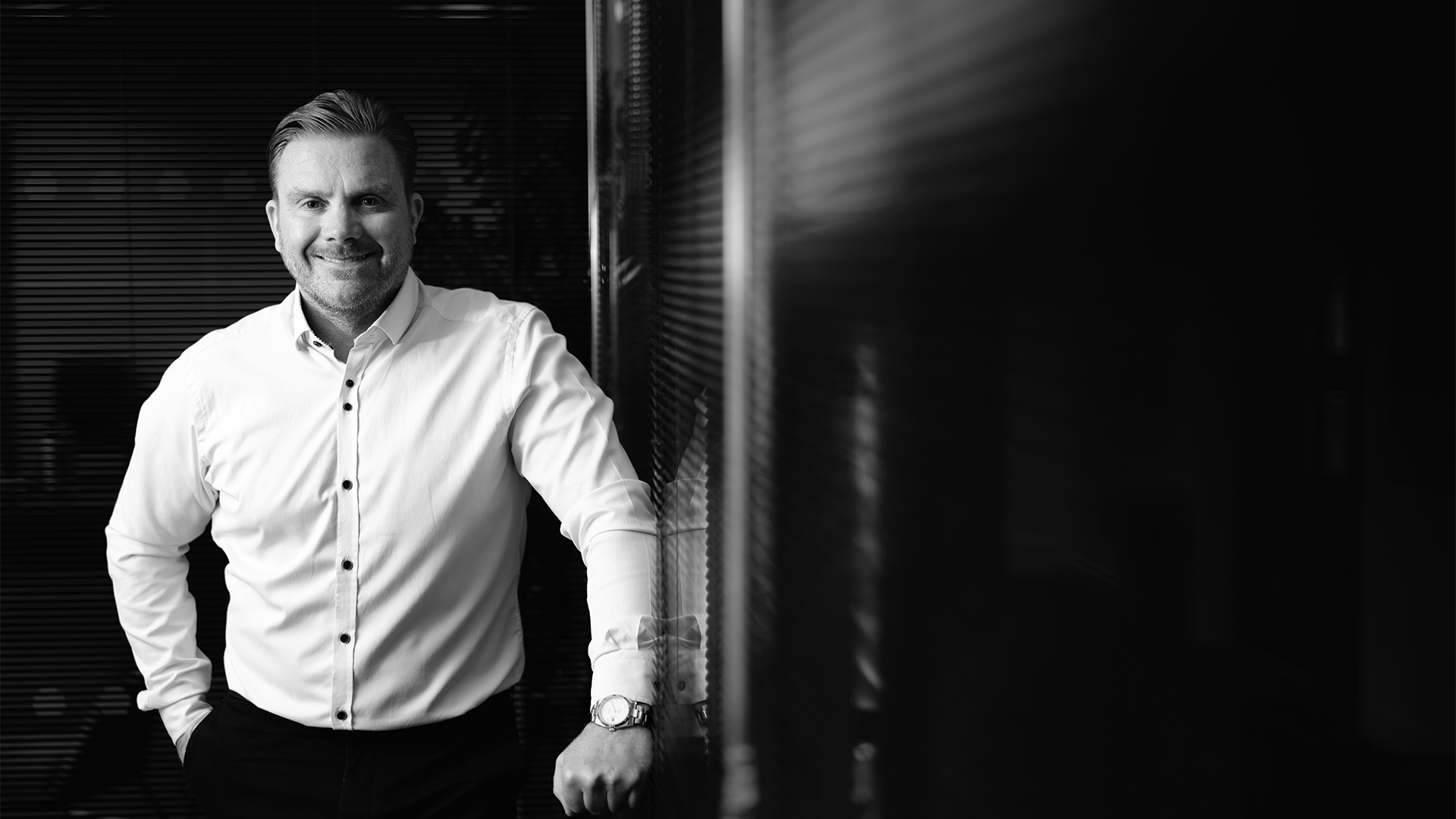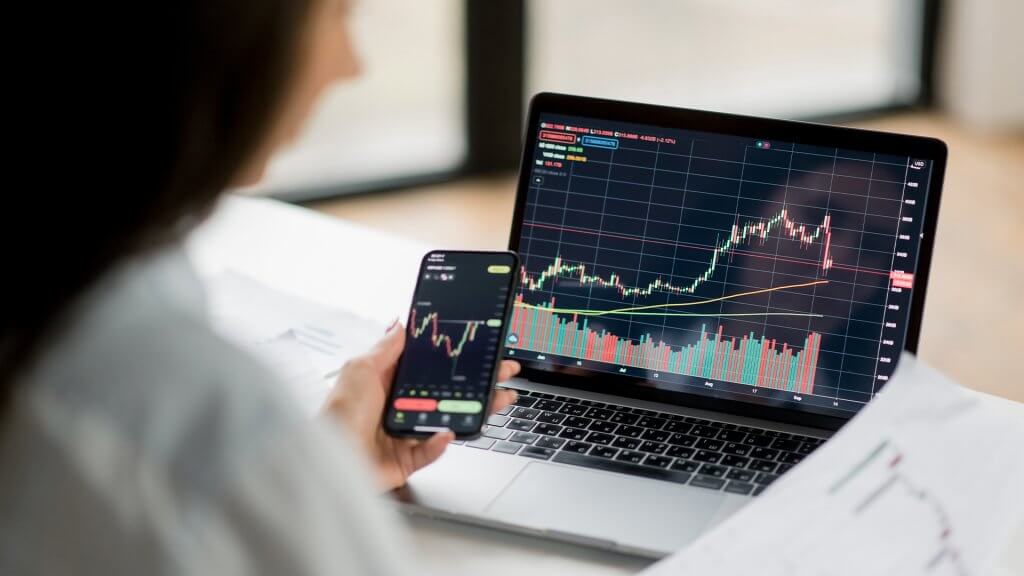
An interview with Mike Manders CEO of Haddon, the luxury English bathrooms brand, discussing the growing consumer demand for eco-products, and why brands need to do more.
Throughout the last decade, there has been a marked move towards eco-consciousness amongst British consumers. In 2024, research suggested that buying eco-friendly goods was ‘not important’ to a mere 6% of British customers, with as many as 41% making it a priority. As such, brands across the country have raced to differentiate themselves with sustainability promises and environmentally friendly goods. Yet reports indicate that some brands are lagging in transparency and sustainability efforts.
We recently spoke with Mike Manders, CEO of Haddon, to gain insight into changing consumer demands and why greenwashing is no longer enough in the homewares business space.
As an experienced CEO, what have you noticed about the changing demands of consumers in recent years?
My experience has been primarily in home interiors, and trends are endlessly changing. The colours, materials, and products that people are willing to pay for have consistently evolved. However, design is no longer the only consideration for most buyers. During the last decade, consumers have become more mindful of sustainability, and they’re taking responsibility to run their homes in a more environmentally friendly manner. Some of that has been driven by necessity – we’ve all experienced the pressure of increasing fuel and water bills. But beyond that, there seems to be a genuine drive towards sustainably sourced materials and ethically produced goods. Consumers are now asking questions no one had even thought of 20 years ago, and all businesses need to be prepared to support that curiosity and demand.
Consumers also expect more quality; aftercare has become as important as product design and functionality, which is really as it should be, particularly for high-end goods. People don’t just want their products to last longer, and they need reassurance that if something goes wrong, they have support even after they’ve parted with their money.
Focusing on sustainability, what do you think consumers are looking for, and what should businesses be doing now to answer those needs?
Sustainability now covers a wide range of considerations. So, ESG – environmental, social, governance – needs to be a prime focus for all businesses. For my business, that means responsible sourcing, carbon sustainability, reducing imports, enhancing waste management, but also transparency, ethical conduct, and executive accountability. These are things that all businesses need to aspire to if they’re going to secure customer trust and to live by their sustainability promises.
ESG must now be present in every facet of a business. Greenwashing no longer works – consumers are too savvy. If you want to differentiate your brand and gain customer respect and trust positively, words simply aren’t enough.
You mentioned an increasing consumer demand for aftercare – how is that manifesting?
After care has traditionally focused on warranty and repair services, and that’s still important. But in a world that has quite recently focused on disposability, product longevity is again becoming key. This is almost cyclical – look on any social media channel and you’ll see endless, nostalgia-driven videos about 1950s white goods and homeware out-performing, and often out-designing, contemporary alternatives.
Consumers have fallen out of love with cheap, disposable clothing and homewares and are again looking for things that last. This partly buys into sustainability, and that drive to reduce, reuse, repair, and recycle. But in an increasingly expensive world, people are also putting greater value on brands that provide great after-care solutions – warranties, end-of-life product takeback, recycling services, follow-up support, maintenance reminders – anything that makes products perform better for longer.
How can SMEs differentiate themselves in a competitive environment?
For me, this has always come down to quality products, quality service, and an authentic experience. For any SME looking to establish itself as a trusted supplier, those have to be the core tenets. But sustainability is now part of that and can’t be ignored.







